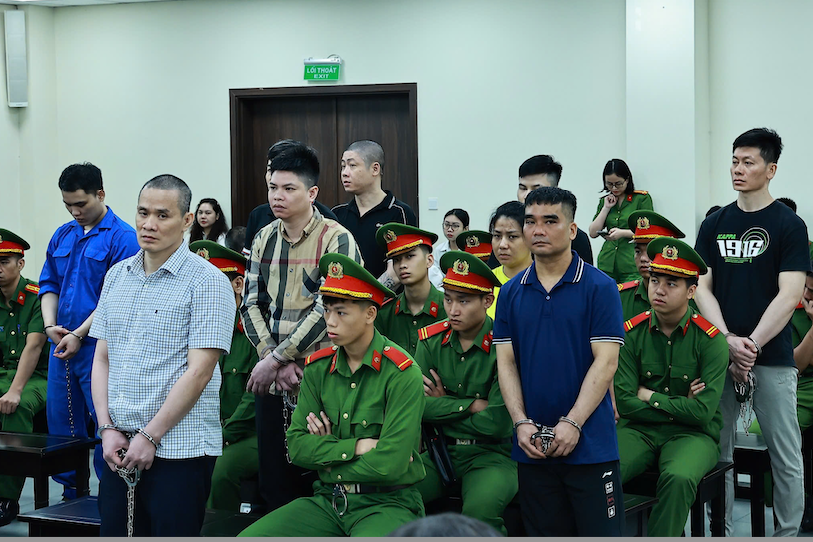In the fourth working week of its 9th session, Vietnam’s National Assembly has begun reviewing a controversial proposal to reduce the number of crimes eligible for capital punishment. The draft amendment to the Penal Code recommends replacing the death penalty with life imprisonment without parole for 8 of the 18 current capital crimes.
Proposal to scale back death penalty sparks heated debate

Lawmakers debate the removal of capital punishment for eight serious offenses. Illustration: TN
During group discussions on May 20, many lawmakers opposed the removal of capital punishment for four specific crimes: manufacturing and trading counterfeit medicines, illegal drug transport, embezzlement, and accepting bribes. They argued that these offenses pose serious threats to public safety and national integrity.
Under the government’s proposal, the death penalty would be eliminated for the following eight crimes:
Activities aimed at overthrowing the people’s administration
Espionage
Sabotaging national infrastructure
Manufacturing and trading counterfeit medicine
Illegal drug transport
Embezzlement
Bribery
Sabotaging peace or launching wars of aggression
The bill was presented by General Luong Tam Quang, Minister of Public Security, who also outlined new provisions exempting certain terminally ill inmates - such as those with advanced-stage cancer or AIDS - from execution.
To maintain deterrence, the bill includes provisions to raise prison terms and monetary fines for crimes related to environmental harm, food safety, counterfeit goods, and drug offenses - bringing Vietnam’s legal standards closer to international norms.
Ongoing review of multiple legal reforms

This week, the National Assembly will also review several other significant bills and legal amendments, including:
The revised Law on the State Budget
Amendments to the Civil Procedure Code, Administrative Procedure Law, Juvenile Justice Law, Bankruptcy Law, and Mediation Law
Amendments to the Criminal Procedure Code
Amendments to laws on national planning, energy efficiency, credit institutions, and nationality
Lawmakers will also discuss a resolution on a pilot program allowing the People’s Procuracy to initiate civil lawsuits on behalf of vulnerable groups or to protect public interest. Another key item is a resolution on special mechanisms for expanding social housing development.
Reforming the court system: Regional courts on the rise
On the afternoon of May 20, the Assembly discussed amendments related to judicial procedures and the restructuring of the court system. Chief Justice of the Supreme People’s Court, Le Minh Tri, introduced a proposal to streamline the judiciary into three tiers: the Supreme People’s Court, provincial-level courts, and newly proposed regional courts.
While some lawmakers supported expanding the powers of regional courts, others expressed concern about granting them jurisdiction over sensitive administrative cases involving provincial governments.
Addressing these concerns, Chief Justice Tri emphasized that regional courts would be staffed with more experienced judges and handle a broader range of civil, administrative, commercial, labor, and bankruptcy cases - aligning with the Party’s goal of decentralizing judicial power and improving local governance.
“The regional court system will replace the current district-level courts, with greater resources and better-qualified personnel,” Tri said. He added that the Supreme People’s Court will continue to improve judge training and allocate capable staff to ensure these courts fulfill their responsibilities effectively.
The Vinh